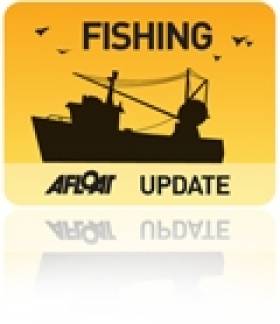Displaying items by tag: Angling Trades Association
Anglers Support Hugh's Fish Fight
The Angling Trades Association (ATA) has announced its support for TV chef Hugh Fearnley-Whittingstall's 'Fish Fight' campaign to bring an end to the practice of discarding commercially-caught sea fish.
Last week saw the shocking news that half of all fish caught in the North Sea are thrown back overboard dead - a practice "encouraged" by the quota provisions of the Common Fisheries Policy.
"It is crucial for the future of recreational sea angling that the oceans support plentiful, robust and sustainable populations of catchable fish," said the ATA in a statement.
The group's chief executibe Dr Bruno Broughton commented: "We must all shoulder some responsibility for allowing the continuation of the wasteful and counter-productive policy of discarding fish."
























































